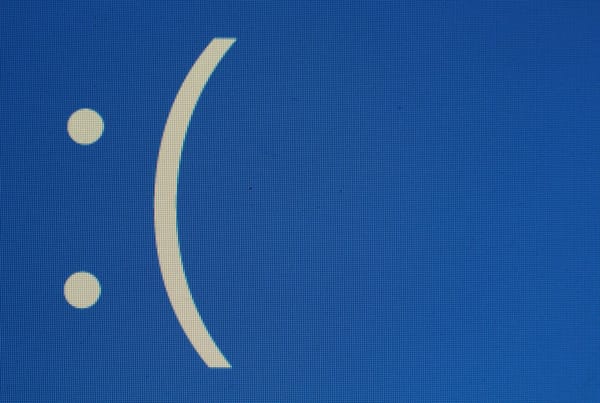New York's MTA Challenges Developers to Build Better Transit Apps
With 8.5 million daily riders, New York State’s public transit system is not just the largest in the U.S., but due to the fact that it’s very complex and consists of multiple agencies that all cover very large geographic areas, it’s also often hard to navigate. To make things a bit easier for its users, New York State’s Metropolitan Transportation Authority (MTA), launched an app challenge today (powered by ChallengePost), which asks developers to create new apps that can improve the transit experience. The best apps and services will be rewarded with prizes ranging from cash to custom subway signs and t-shirts.
While developers are obviously free to write whatever apps they want on top of the MTA’s data, some of the apps that this data could enable are mobile apps that let you know which subway car to get on to be the closest to the most convenient exit or services that make better predictions of train and bus departures in real-time.
The idea here is to give better information to those who use New York City’s transit system – and better information should make for happier – and more – riders.
Big Data from the MTA
![]() What is just as interesting as the fact that developers can win prizes for the best apps developed on top of this data, though, is the data itself. The MTA is making a number of new datasets available to developers today, including location data of platforms, elevators and similar infrastructure elements inside its subway stations, real-time data about road conditions from bridges and tunnels, as well as performance data from all MTA agencies, including on-time performance and ridership.
What is just as interesting as the fact that developers can win prizes for the best apps developed on top of this data, though, is the data itself. The MTA is making a number of new datasets available to developers today, including location data of platforms, elevators and similar infrastructure elements inside its subway stations, real-time data about road conditions from bridges and tunnels, as well as performance data from all MTA agencies, including on-time performance and ridership.
New York City obviously has a history of similar app challenges. While a number of cities and government agencies have hosted similar competitions, New York’s BigApps challenge is probably among the best-known of these events. Interestingly, a number of transit apps were among the winners of the last BigApps challenge, but given that developers now have access to more data, the MTA-focused apps should be even better.
If you are interested in developing an app for this challenge, you can find more information here.



